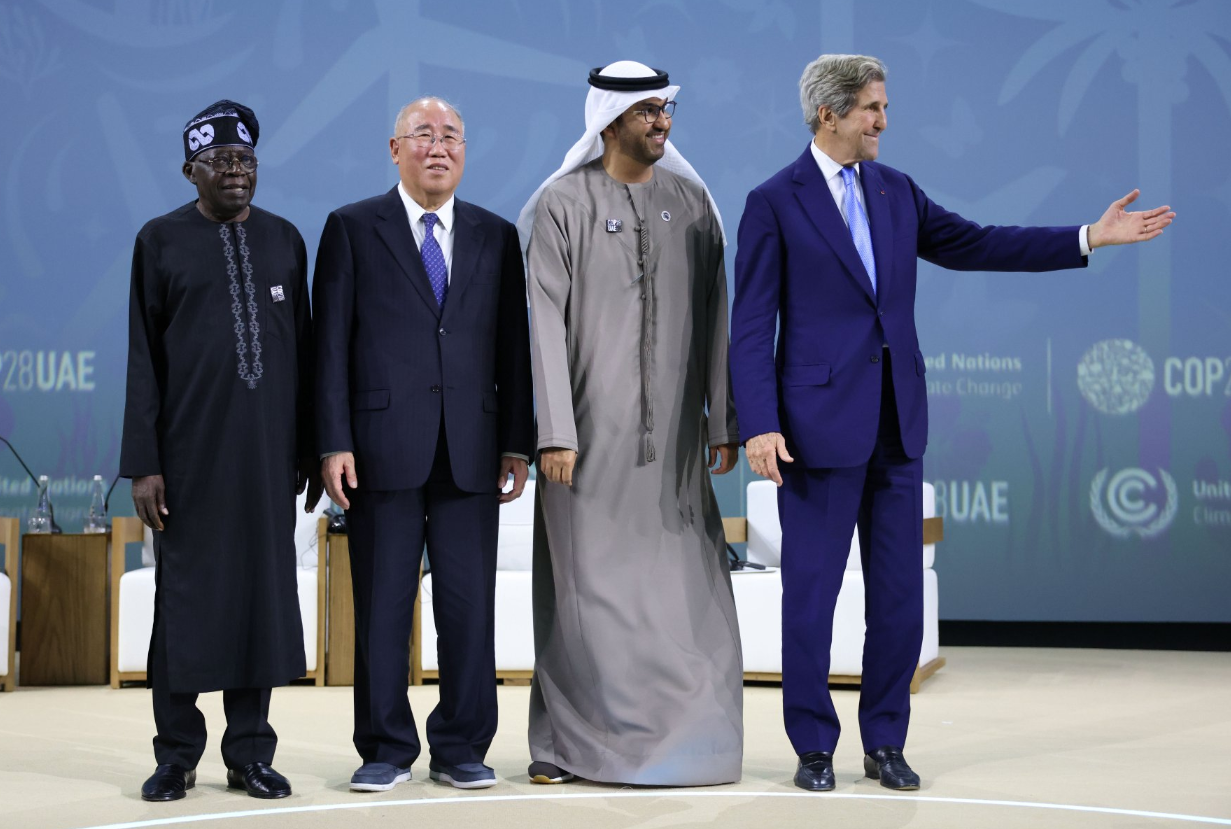According to the UN’s attendance list, Nigeria, Morocco, Kenya, Tanzania, Ghana, and Uganda were among the nations with the largest teams. Nigeria topped the list with 1,411 delegates, followed by Morocco with 823 and Kenya with 765.
Read More: China Presents its Version of the Invisibility Cloak
Responding to the criticism, representatives from Nigeria and Kenya clarified that a significant portion of their delegations comprised individuals representing the media, civil society organizations, and private institutions, who were not publicly funded. Both countries also emphasized that some listed delegates were participating remotely.
Kenya’s State House spokesperson, Hussein Mohammed, addressed concerns about the delegate numbers, describing them as “exaggerated.” He clarified that the figures represented those who had registered for the event, not the actual attendees.
Mohammed further stated that the national government had approved only 51 essential delegates, with the remainder sponsored by various groups.
Read More: The Synergy of African Innovation and Narrative Alchemy
Meanwhile, the Tanzanian government released a statement asserting that over 90% of the country’s delegation was sponsored by the private sector, offering insight into the funding dynamics behind their participation.
As the debate surrounding delegation sizes continues, African nations defend their choices, emphasizing the diverse representation and private sector support within their respective teams.









